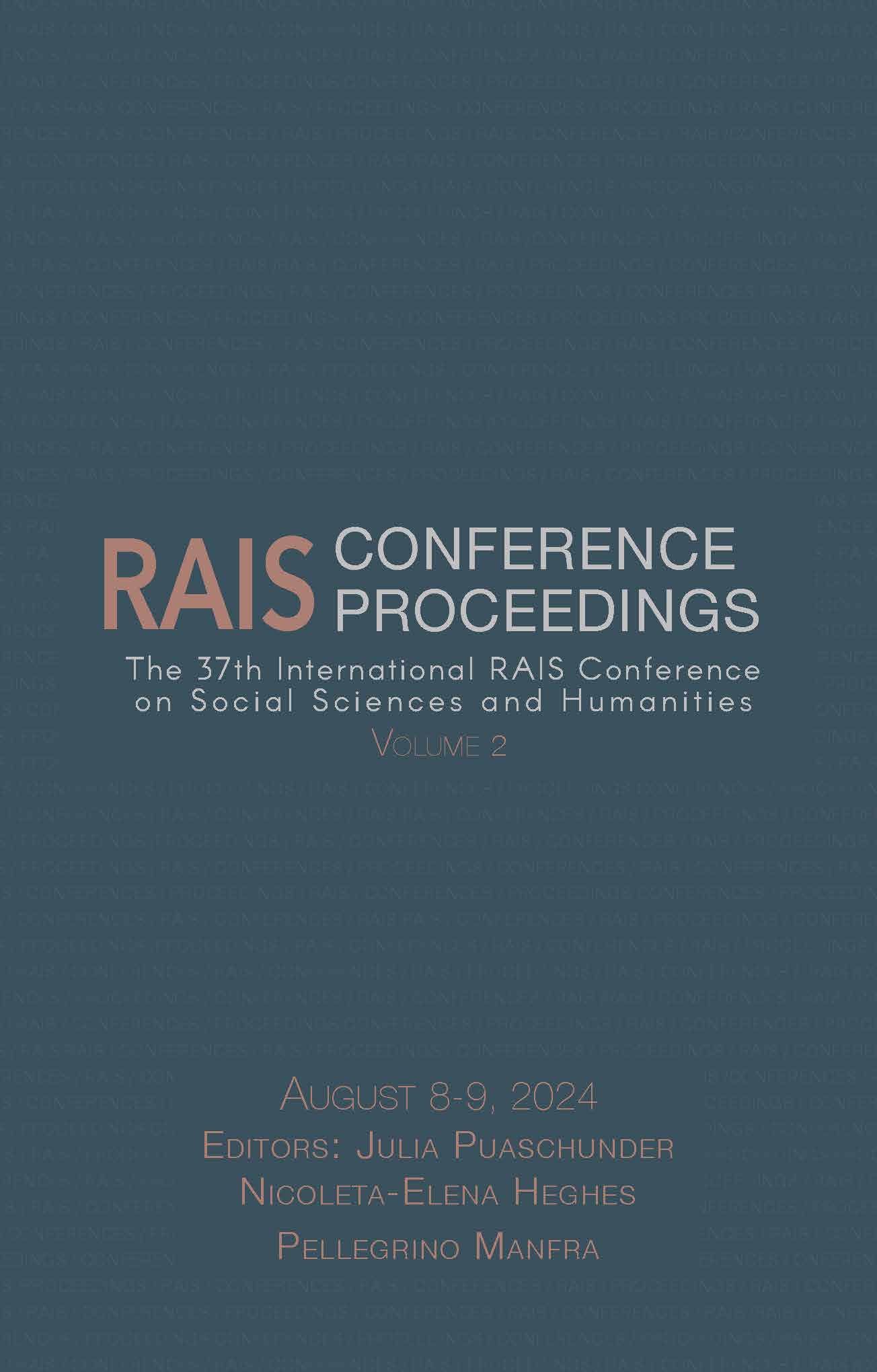Participatory Mechanisms that Transcend Classic Representation in Kenyan Counties
Participatory Mechanisms that Transcend Classic Representation in Kenyan Counties
Author(s): Gloria Nyambura Kenyatta
Subject(s): Economic policy, Government/Political systems
Published by: Scientia Moralitas Research Institute
Keywords: Contextual Factors; Devolved Governments; Kenyan Constitution; Poli-cymaking; Public Participation;
Summary/Abstract: Governments are increasingly using participatory mechanisms to further the goals of democracy and good governance. These mechanisms, particularly the informal ones, extend the possibilities for participation beyond the confines of classic representation because they tend to be more frequent and dynamic than the formal ones. In 2010, the Constitution of Kenya was broadly supported by Kenyans because it allowed for public participation in local policymaking. However, the Constitution did not include the implementation procedures for public engagement because of the distinct con-textual features of the newly established devolved governments. The absence of an implementation framework means each government interprets the notion differently, impacting its overall execution. Hence, it is imperative to establish the informal participatory mechanisms established by these administrations to engage the public and their efficacy in policymaking. Based on in-depth fieldwork conducted in Kenya’s two devolved governments in 2022 and 2023, as well as secondary sources, this paper uses qualitative analysis to map out the main informal participatory mechanisms established in these governments. The paper acknowledges that the administrations primarily consider production and participation costs when choosing and executing these mechanisms due to their financial capacities. As such, the financial resources at hand significantly influence the mechanisms selected. Based on the findings, the paper concludes that the mechanisms chosen should consider not only the financial capacities but also other local contextual factors. Therefore, these mechanisms should adjust to the configuration of the place where participation takes place for quality participation.
Book: Proceedings of the 37th International RAIS Conference on Social Sciences and Humanities, vol. 2
- Page Range: 104-116
- Page Count: 12
- Publication Year: 2024
- Language: English
- Content File-PDF

